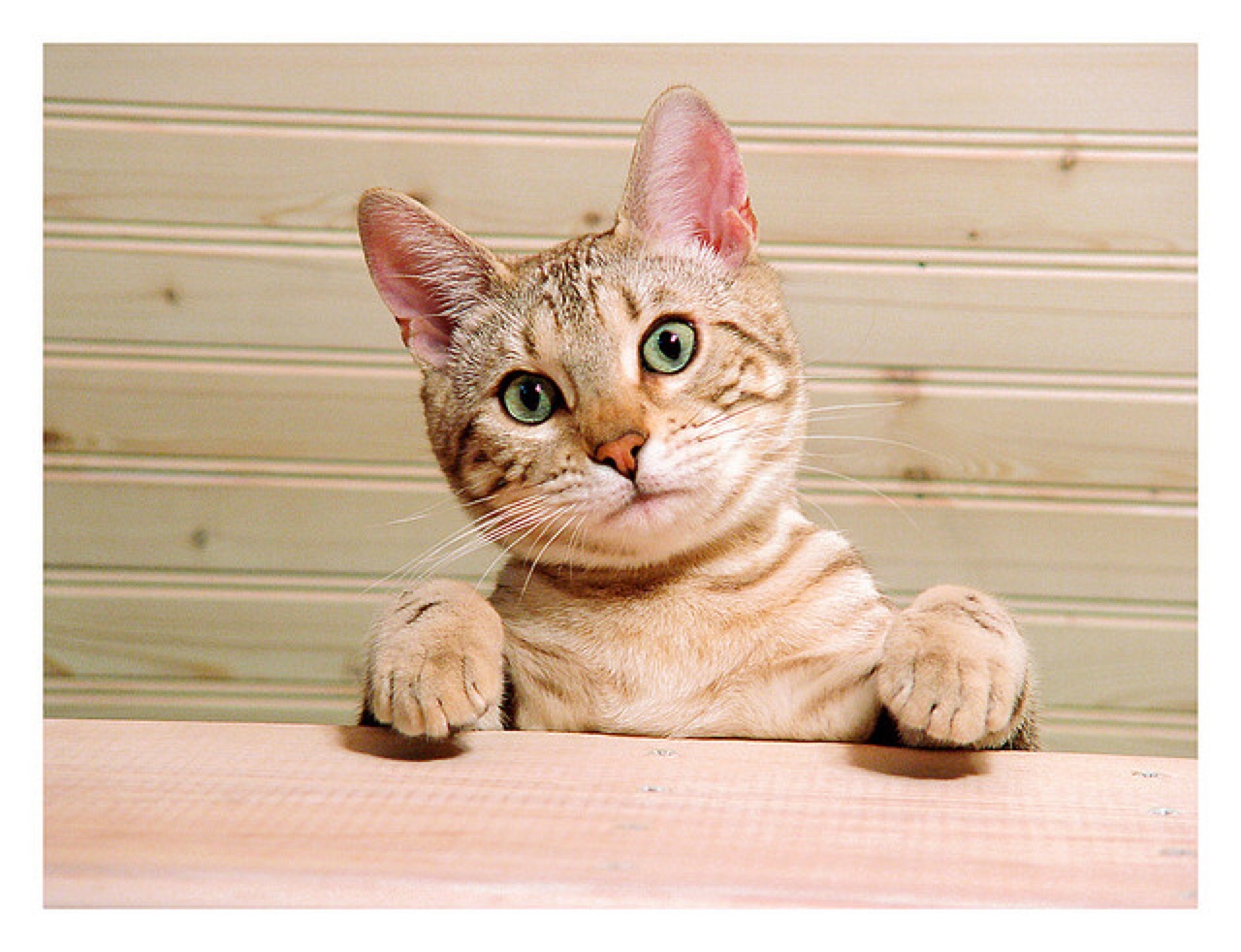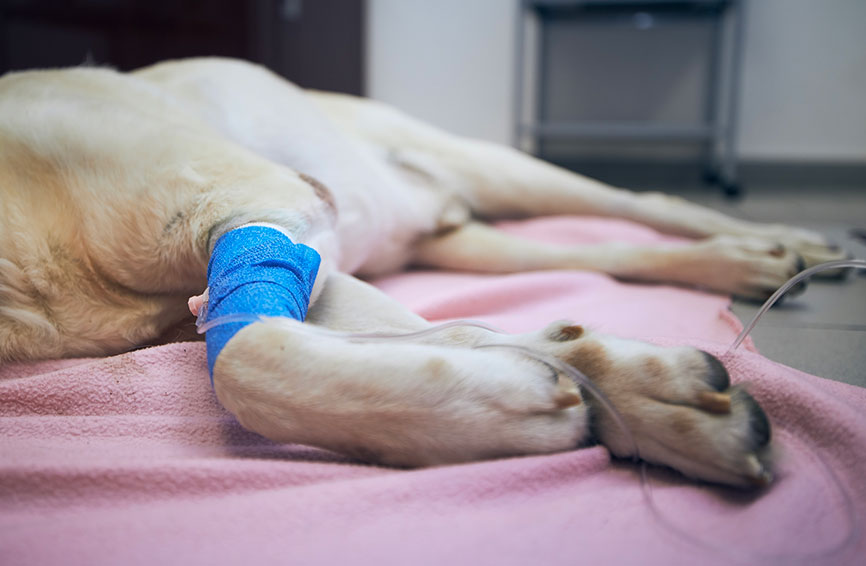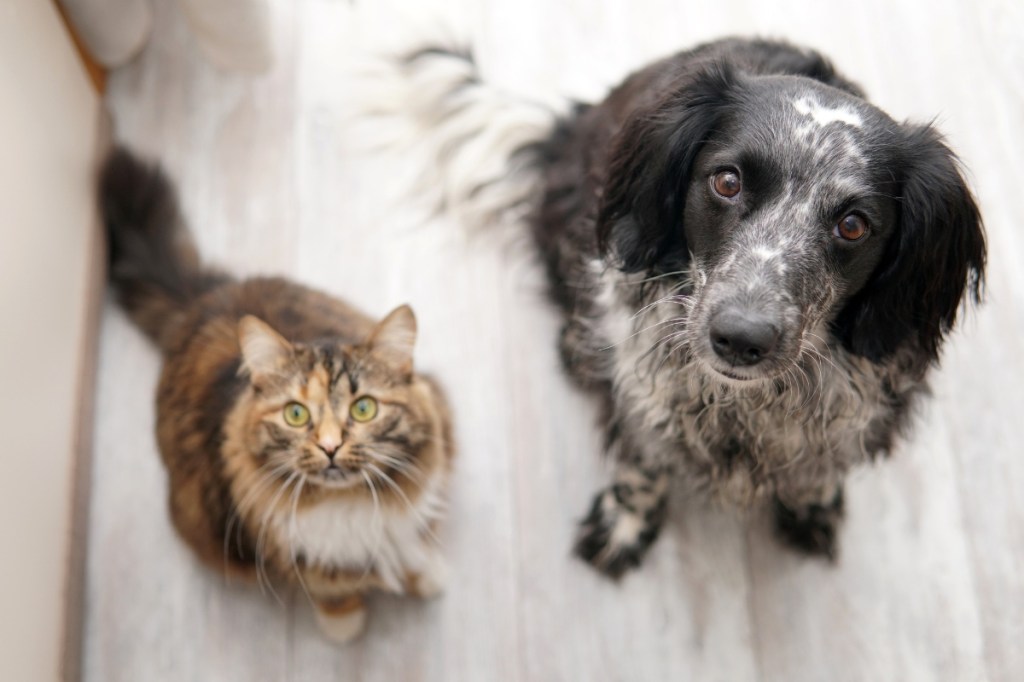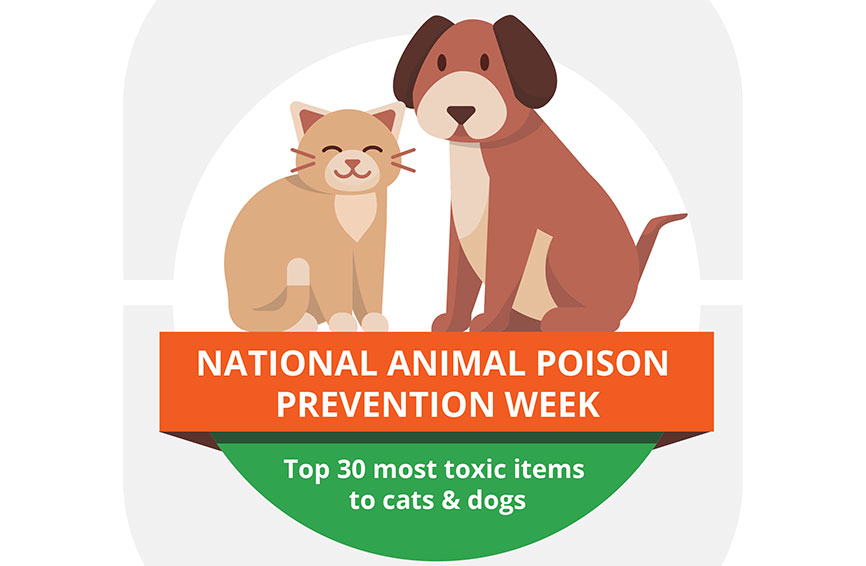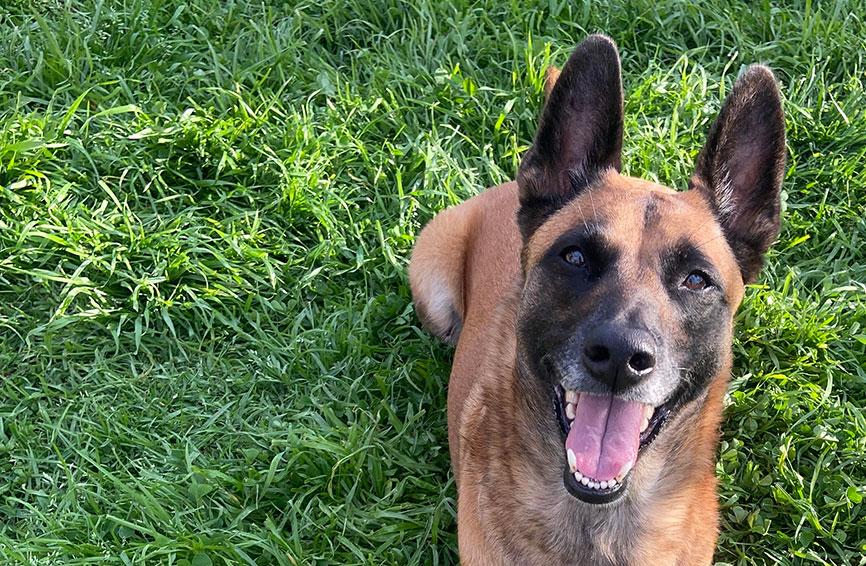Table of Contents
Key Takeaways
- Kittens can get sprains and strains by falling or jumping off of a surface in the wrong way.
- Swelling, whimpering and excessively licking an injured body part are symptoms of a soft tissue injury.
- Anti-inflammatory medications, a splint or a bandage may be needed to treat an injured kitten.
- Prevent kittens from jumping more than three feet to prevent sprains and strains.
Kittens are prone to all sorts of injuries, but their growing bodies are especially vulnerable. Soft tissue injuries include bruises, strains, and sprains to the muscles, tendons, and ligaments around the bones and joints. These types of injuries are common in kittens and young pets because they are still learning about the world and testing the limits of their bodies. Keep a close eye on your kitten, especially if they have many opportunities to jump – cat towers, high counters, and other heights pose a risk of falling for young kittens whose bodies are not quite equipped to land safely on their feet.
What Causes Soft Tissue Injuries in Kittens?
Since kittens don’t know their limits yet, they can often try to jump up or down from areas out of their reach. Accidents such as falling or jumping wrong, car accidents, or animal attacks can cause injuries like sprains and strains/pulled muscles. Overly rambunctious play with another pet or person may also lead to injury. Be careful when playing with your kitten!
Soft tissue injuries include the following:
- Bruise: Bruises are bleeding of the soft tissue, which are caused by trauma. Bruising may also be present with a strain or sprain.
- Strain: A strain is a pulled or torn muscle, which occurs when a muscle is stretched beyond its capacity.
- Sprain: What differentiates a strain from a sprain is muscle versus ligament. A sprain is a strained ligament, or when the ligament is stretched beyond its capacity.
Soft Tissue Injury Symptoms
Signs of a soft tissue injury typically include:
- Limping
- Bruising
- Lameness/refusing to use the limb
- Swelling/inflammation
- Whimpering or excessive vocalization
- Reduced appetite
- Excessively licking the injured limb
- Changes in breathing
If your kitten’s symptoms are relatively mild, refrain from vigorous play and activity, and keep an eye on it for a day or two. If their condition doesn’t improve or you notice swelling and continued limping, make an appointment with your vet; more serious injuries can lead to lameness and disability if left untreated.
Kitten Injury Treatment
If the injury is concerning or appears to be severe, contact your veterinarian. They may prescribe anti-inflammatory medication to reduce swelling and pain. Severe muscle or ligament injuries may require a splint, bandaging, or even surgery to repair.
In most cases, however, the best treatment is rest. Depending on the location of the injury and whether your cat tolerates it, you may also apply ice packs to decrease swelling and inflammation. If you don’t have an ice pack on hand, you can use a package of frozen vegetables, such as frozen peas. Wrap the ice pack in a towel and place it on the injured area for about 10-20 minutes at a time. If you are unsure about whether you should ice the injury, or how often you should do it, contact your veterinarian for guidance.
Refrain from encouraging physical activity, like jumping and playing, until the injury is healed. Your kitten may refrain from activity on their own due to the pain. In some cases, the kitten may need to be restricted to a crate to ensure they keep their activity levels down.
It may take up to two weeks for less severe injuries to fully heal, but it’s recommended to keep activity levels reduced until a few days after your kitten has stopped limping. If the injury doesn’t seem to be improving, be sure to contact your veterinarian.
Preventing Kitten Injuries
Soft tissue injuries are fairly common in cats, especially kittens. You can prevent injuries by helping your kitten avoid activities that may put them at risk.
Jumps and falls: Because jumping down from great heights can injure a young kitten, prevent them from jumping from heights greater than three feet. They may be able to get up, but landing is the tricky part! If you have cat trees or towers, wait a few months before allowing your new kitten to use them. In the meantime, keep the cat trees in a closet or bedroom behind a closed door, and offer them alternate entertainment with a “kitten playground” made of boxes.
Vigorous play: Protect your kitten by restricting their playmates to older children, adults, and pets who can be trusted to be gentle. Young children and excitable pets may not know how to play gently with a young animal.
Most sprains, strains, and pulled muscles heal on their own with rest and ice, but if they appear to cause your cat severe pain or last longer than a week, contact your veterinarian.
The content is not intended to be a substitute for professional veterinarian advice, diagnosis, or treatment. Always seek the advice of your veterinarian or other qualified health provider with any questions you may have regarding a medical diagnosis, condition, or treatment options.
